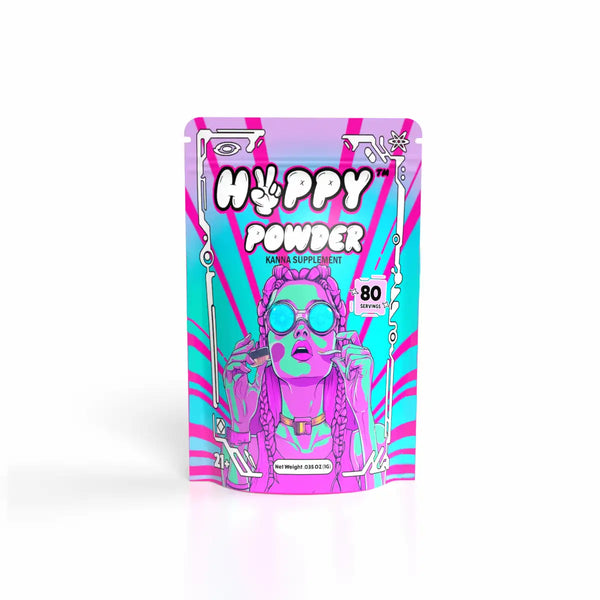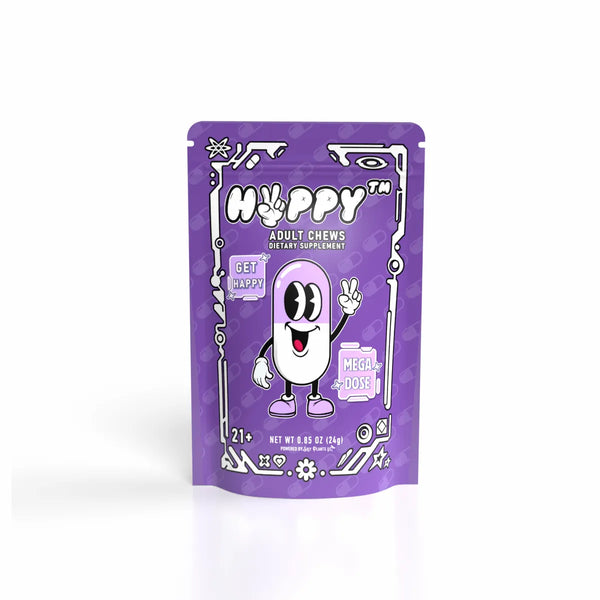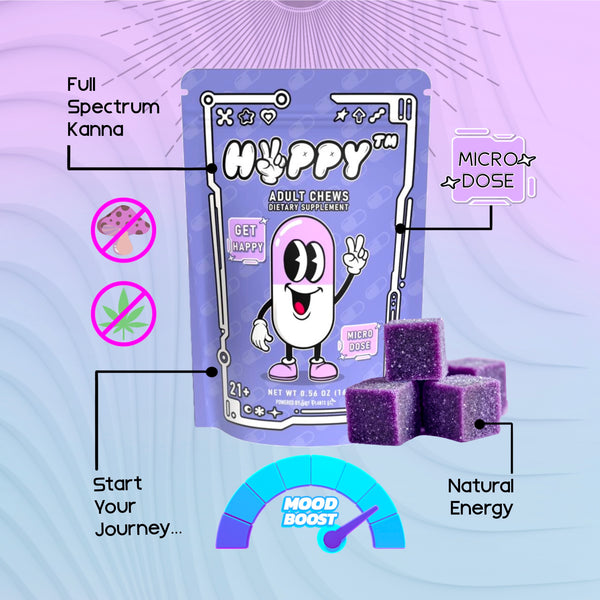Harnessing the Power of Kanna and Other Plant Medicines for Harm Reduction
As the United States grapples with the opioid epidemic, alternative solutions like plant-based medicines are gaining attention for their role in harm reduction. Kanna (Sceletium tortuosum), a plant native to South Africa, is one such option showing promise. Known for its mood-enhancing and stress-reducing properties, Kanna acts on serotonin pathways and may serve as a safer alternative for individuals struggling with addiction to dangerous street drugs like fentanyl.
The Opioid Crisis and Progress in Harm Reduction
Opioid overdoses, particularly those involving synthetic opioids like fentanyl, have driven a tragic rise in overdose deaths over the last decade. However, recent data reveals a glimmer of hope. In 2023, the United States saw a 3% decline in overall drug overdose deaths—the first annual decrease since 2018. This includes a reduction in opioid-related deaths, from 84,181 in 2022 to 81,083 in 2023. Expanded harm reduction strategies, including wider distribution of naloxone and access to fentanyl test strips, have played a significant role in these improvements.
Additionally, the potency of fentanyl in the illicit drug supply has weakened, partially due to international enforcement efforts. Combined with evolving harm reduction practices, these shifts are beginning to reduce the devastating impact of opioid overdoses.
Kanna and Plant Medicines: A Safer Path Forward
Plant medicines like Kanna offer a unique opportunity to address addiction without the risks associated with synthetic drugs. Products such as those offered by GetHvppy provide formulations aimed at promoting relaxation, focus, and emotional balance. These products capitalize on Kanna’s natural ability to alleviate stress and support mental clarity, potentially helping individuals manage cravings and emotional triggers for substance use.
By offering non-addictive, plant-based alternatives, such approaches can fill gaps in traditional harm reduction strategies. They provide a natural pathway to alleviate the psychological and physical challenges associated with withdrawal and recovery.
The Future of Harm Reduction
While the progress in reducing overdose deaths is encouraging, the road to ending the opioid crisis remains long. Integrating plant medicines into a broader harm reduction framework can complement existing measures like medication-assisted treatment (MAT), naloxone distribution, and public education.
Kanna and similar natural products represent a paradigm shift—where harm reduction not only focuses on mitigating risks but also on fostering wellness and resilience. Continued research and advocacy will be essential to unlock their full potential and ensure they are accessible to those in need.
The journey to combat the opioid epidemic is multifaceted, requiring collaboration between public health agencies, communities, and innovative industries. With plant medicines as part of the toolkit, the vision of a healthier, addiction-free society becomes increasingly attainable.






